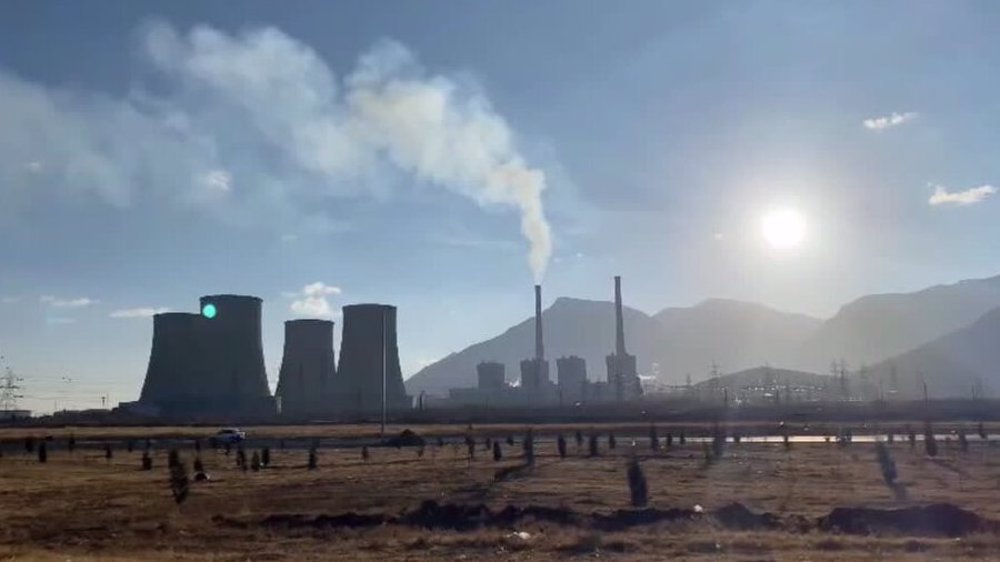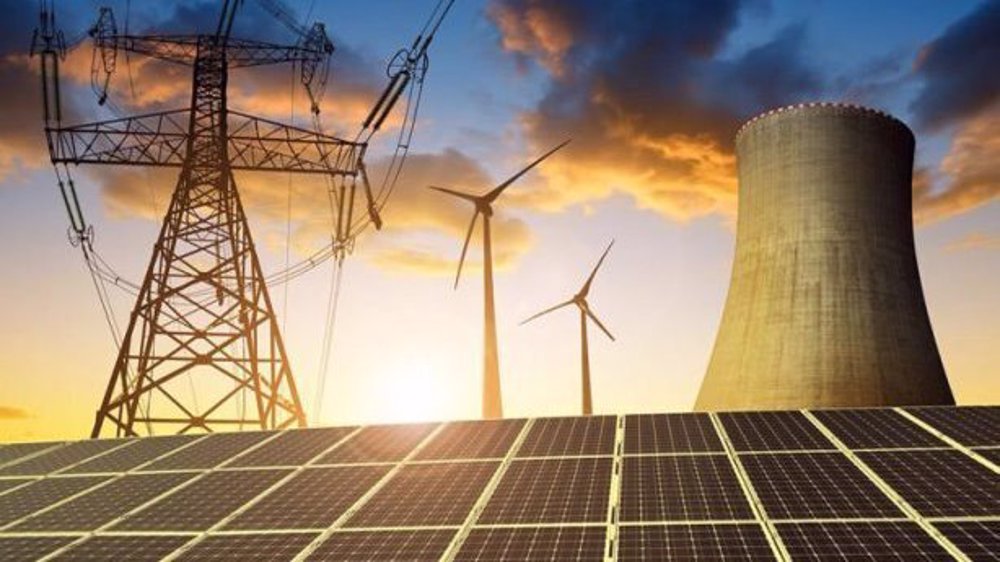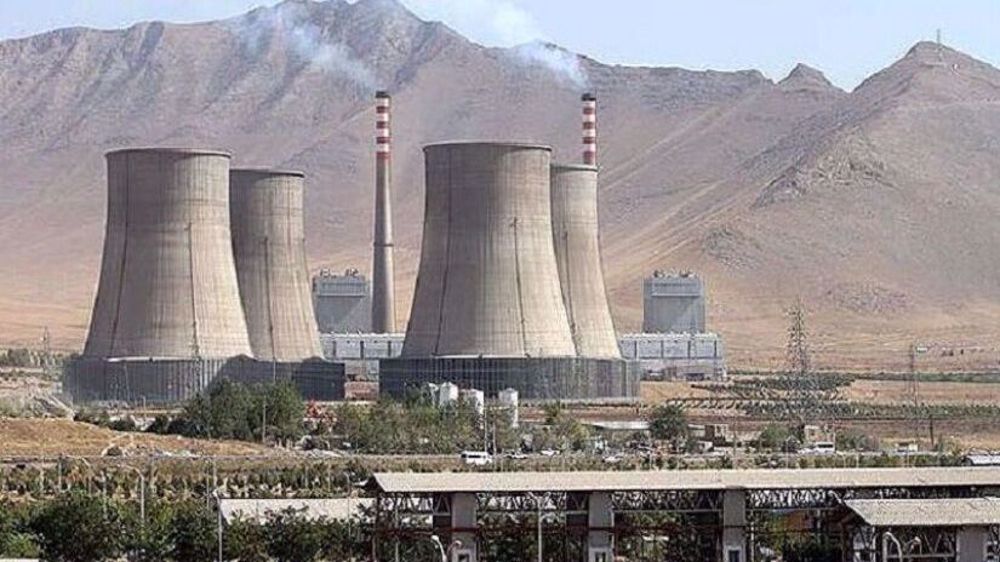Iran resumes electricity exports to Iraq, other countries
An official says Iran has resumed electricity exports to neighboring countries, including Iraq, after riding out much of the baking summer heat which saw the mercury hit 50 degrees Celsius in some cities.
Mahmoud Reza Haqqi-Fam, the spokesman of Iran Power Transmission, Generation and Distribution Company (Tavanir), said Tuesday that exports had resumed to Iraq, Afghanistan and Pakistan 10 days ago.
“As soon as we secure the electricity supply, we will increase exports, but our priority is to supply power to domestic customers in different seasons of the year,” he told Tasnim news agency.
Consumers across Iran cranked up their air conditioners amid a brutal heat wave this summer during which power consumption record was shattered three times, with the grid’s all-time peak of 57,097 megawatts set in mid-July.
According to Haqqi-Fam, a drop in temperatures this week has reduced air conditioning use by 4,000 megawatts.
“In recent days which coincided with holidays, consumption dropped to 47,000 megawatts but that will reach between 51,000 and 53,000 megawatts on working days, meaning we will not have any electricity supply problem,” he said.
Iran, the official said, will continue to export its surplus capacity that has “economic and political benefits for the country.”
“We are now exporting 200 to 250 megawatt of electricity to Iraq, Afghanistan and Pakistan which we will increase to levels agreed in our contracts with the mentioned countries,” he said.
Iraq is the biggest importer of electricity from Iran. It needs more than 23,000 MW of electricity to meet domestic demand but decades of war and blockade following the US invasion have left its power infrastructure in tatters and a deficit of some 7,000 MW.
Iran cut off electricity supplies to Iraq in July as rolling blackouts and water shortages in the southern Khuzestan province in the face of sizzling temperatures touched off a series of protests.
Baghdad has built up an outstanding debt of $1 billion from years of electricity imports from Iran.
The Arab country sent its Electricity Minister Qassem al-Fahdawi to Tehran to persuade Iran to resume supplies amid protests in Iraq, spurred by anger over unemployment and inadequate public services, including power and water shortages.
As talks broke down, Saudi Arabia waded into the row, reportedly offering to sell electricity to Iraq at a discount.
The kingdom reportedly offered to build a 3,000-megawatt solar plant in Saudi Arabia and sell electricity to Iraq at a quarter of what it paid Iran for the imports. Iraqi officials have dismissed the report, saying nothing had been firmed up.
Iran and Iraq have forged close political, economic and cultural ties after fighting an eight-year war launched by former dictator Saddam Hussein in the 1980s.
On Monday, Iran exported $55 million worth of goods to Iraq, setting a daily record in their trade exchanges, secretary of Iran-Iraq Joint Chamber of Commerce Hamid Hosseini told Fars news agency.
Iran exported $40 million worth of goods a day on average in the first quarter of the Persian year which began in March, he said.
According Hosseini, Iranian exports to Iraq totaled $2.5 billion during the period, a year-on-year rise of 23%.
The two neighbors are also working on the supply of Iranian gas to Sadr, Baghdad and al-Mansuriya power plants through a 270-kilometer pipeline and to Basra near the Iranian border via a separate pipeline.
‘All wars have rules. All of those rules have been broken’ by Israel
VIDEO | Report flags India’s violation of rights of Rohingya detainees
Turkey's foreign minister meets Syria's de facto leader in Damascus
'Next to impossible' to rescue patients from Gaza's Kamal Adwan Hospital: Director
VIDEO | Vietnam current prosperity
Report blames gasoil exports for shortage at Iranian power plants
VIDEO | Hind Rajab Foundation names Israeli war criminals vacationing after Gaza genocide
VIDEO | Australians rally for Gaza ahead of Christmas festivities











 This makes it easy to access the Press TV website
This makes it easy to access the Press TV website